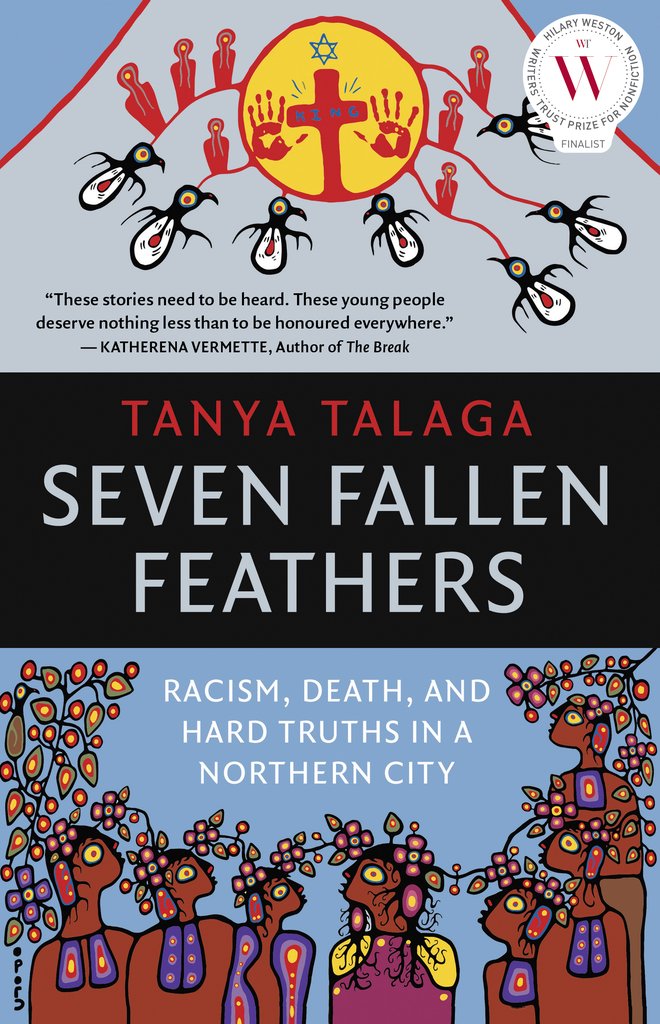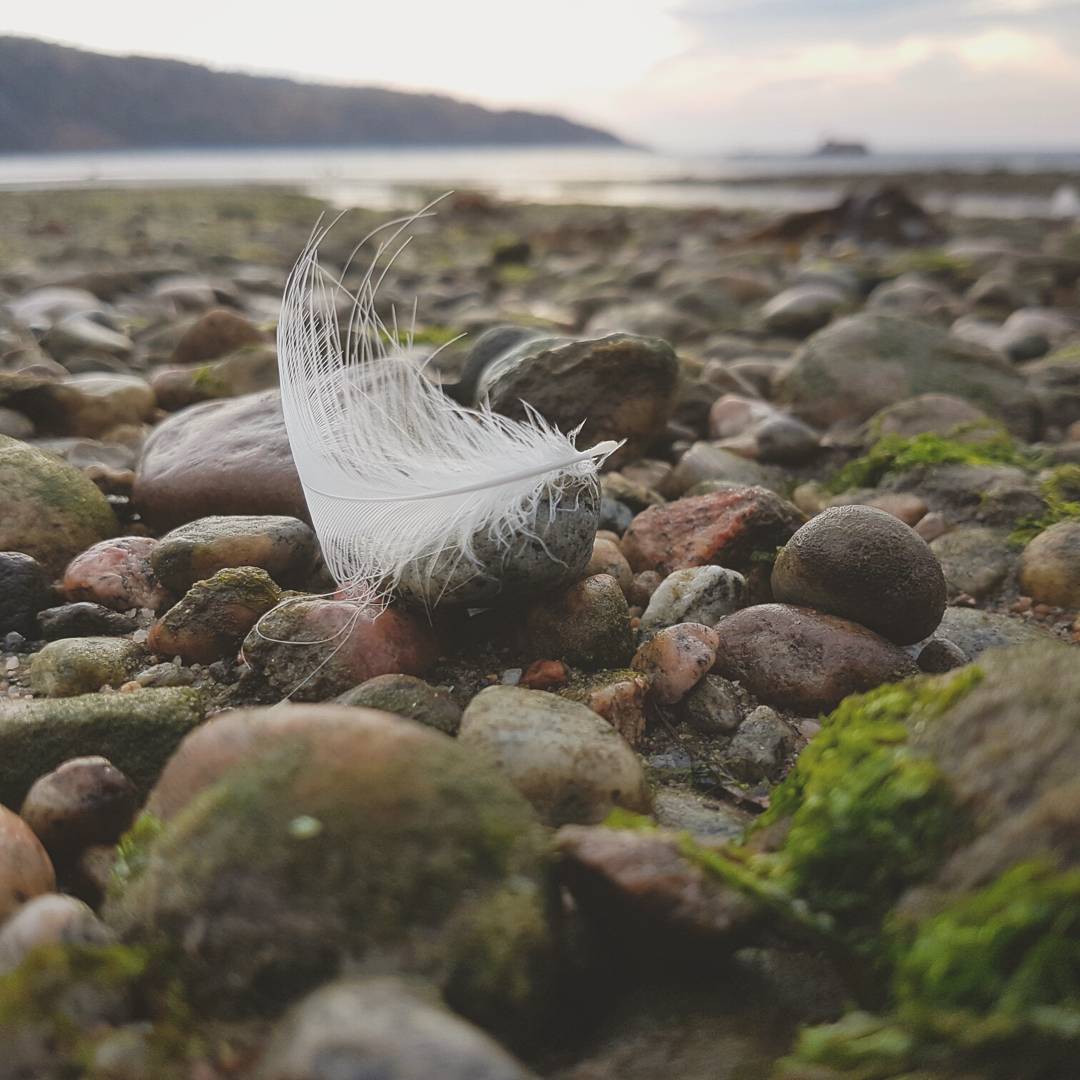My review of Seven Fallen Feathers will follow the publisher’s blurb.
Finalist, 2017 Hilary Weston Writers’ Trust Prize for Nonfiction
In 1966, twelve-year-old Chanie Wenjack froze to death on the railway tracks after running away from residential school. An inquest was called and four recommendations were made to prevent another tragedy. None of those recommendations were applied.
More than a quarter of a century later, from 2000 to 2011, seven Indigenous high school students died in Thunder Bay, Ontario. The seven were hundreds of miles away from their families, forced to leave home and live in a foreign and unwelcoming city. Five were found dead in the rivers surrounding Lake Superior, below a sacred Indigenous site. Jordan Wabasse, a gentle boy and star hockey player, disappeared into the minus twenty degrees Celsius night. The body of celebrated artist Norval Morrisseau’s grandson, Kyle, was pulled from a river, as was Curran Strang’s. Robyn Harper died in her boarding-house hallway and Paul Panacheese inexplicably collapsed on his kitchen floor. Reggie Bushie’s death finally prompted an inquest, seven years after the discovery of Jethro Anderson, the first boy whose body was found in the water.
Using a sweeping narrative focusing on the lives of the students, award-winning investigative journalist Tanya Talaga delves into the history of this small northern city that has come to manifest Canada’s long struggle with human rights violations against Indigenous communities.
A portion of each sale of Seven Fallen Feathers will go to the Dennis Franklin Cromarty Memorial Fund, set up in 1994 to financially assist Nishnawbe Aski Nation students’ studies in Thunder Bay and at post-secondary institutions.
Seven Fallen Feathers is the most powerful, thought provoking, soul crushing book I’ve read this year and every Canadian should read it.
When I was young very young I would overhear things said about Indigenous People, too young to understand any of it or its implications. Ugly comments being whispered by adults, I’d hear nasty things being said at the grocery store checkout, older kids laughing about kids from “the reservation”. Even if I was too young to comprehend any of it, I knew it wasn’t right. Then I moved away from that Northern town and never really heard about those things again.
Like I said, I urge every Canadian to pick up this book. Seven Fallen Feathers holds nothing back and I’m glad Tanya Talaga was unrelenting in her approach.
When you hear about these things on the news or in magazine articles, you get a sound bite here or a brief article there, however after reading Seven Fallen Feathers I finally felt like I got a real sense of what is going on.
My heart broke, I wept and understandably, it took me a while to get through this book. It’s sad that this book even exists, nevertheless, Seven Fallen Feathers deserves a place on your shelf.
Then after reading the book, there is that; “but what now moment”. I remember listening to a recent radio talk (I think on the CBC) about how activism doesn’t need to always be “in-your-face” activism to create change. Teaching our children the real history of the Indigenous people, helping them see what racism is, or any injustice for that matter and giving our children the tools necessary to act when they see or hear any discrimination. I’ll just link this little blog post from The Barefoot Mommy on different ways you can be an activist without speaking in front of a crowd or marching in the street.
You may live in a part of Canada where these issues are not in the forefront, however once you’ve read Seven Fallen Feathers, you won’t be able to un-see it.
Seven Fallen Feathers by Tanya Talaga is available now !
Published by House of Anansi
376 Pages
ISBN 9781487002268
An E-galley of this book was provided by the publisher in exchange for my honest thoughts and review.

